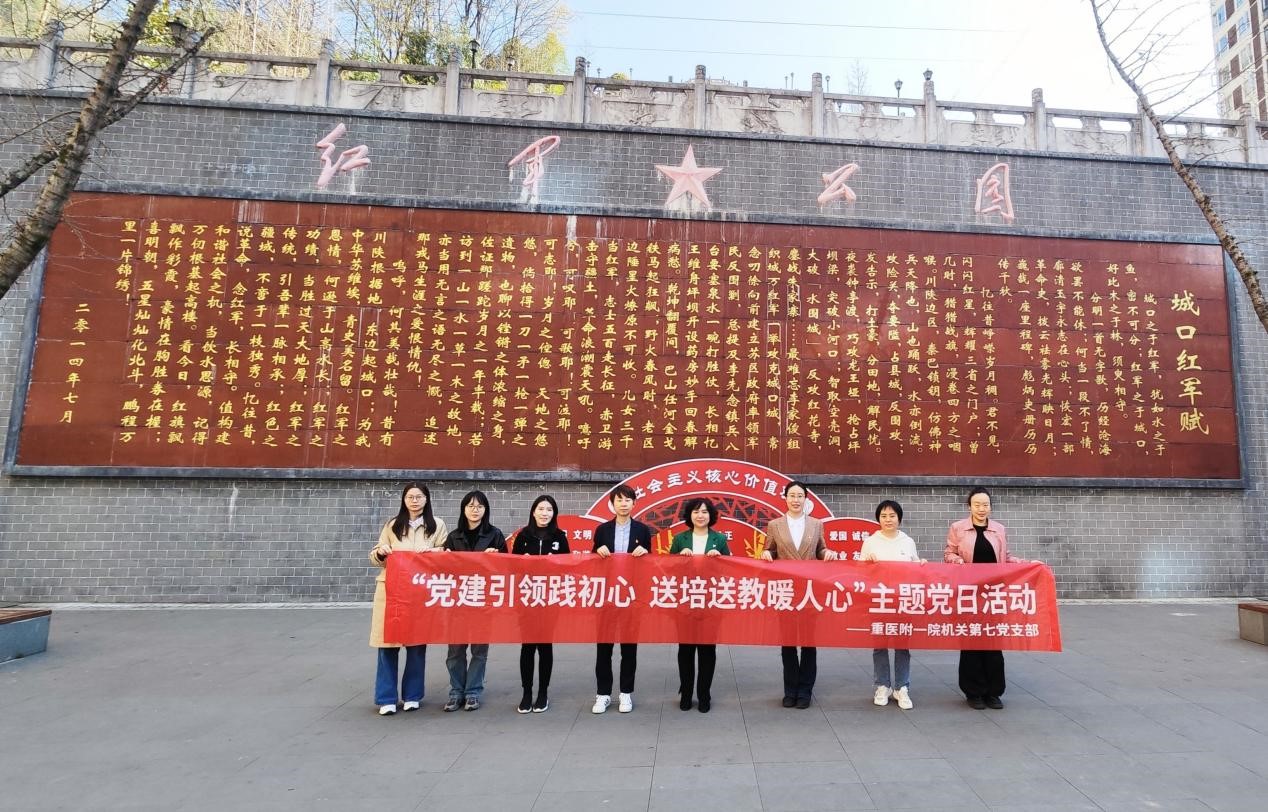The official website of the National Natural Science Foundation of China (NSFC) reports the importa.
Recently, the National Natural Science Foundation of China reported on the home page of its official website under the title of "Important progress made by Chinese scholars in the study of sepsis biomarkers and their immunotherapy", the important research results achieved by the team of Prof. Torch Cao, Director of the Department of Medical Laboratory of the First Affiliated Hospital of Heavy Medicine, in the field of research on the immune mechanism of sepsis. The team revealed that activation of Smad1/5 signaling pathway by BMP9-ALK1 axis promotes macrophage recruitment and bacterial phagocytosis, controls host primary infection and attenuates organ inflammatory damage by means of phosphorylated proteomics and transcriptomics analysis, providing a new strategy for carrying out precise treatment of sepsis based on biomarkers.


Recently, the National Natural Science Foundation of China (NSFC) reported the important research results achieved by the team of Prof. Torch Cao, Director of the Department of Medical Laboratory Medicine of the First Affiliated Hospital of Heavy Medicine, in the field of sepsis immune mechanism research on the home page of its official website under the title of "Important progress made by Chinese scholars in the research of sepsis biomarkers and its immunotherapy". The team revealed that activation of Smad1/5 signaling pathway by BMP9-ALK1 axis promotes macrophage recruitment and bacterial phagocytosis, controls host primary infection and attenuates organ inflammatory damage by means of phosphorylated proteomics and transcriptomics analysis, providing a new strategy for carrying out precise treatment of sepsis based on biomarkers.




